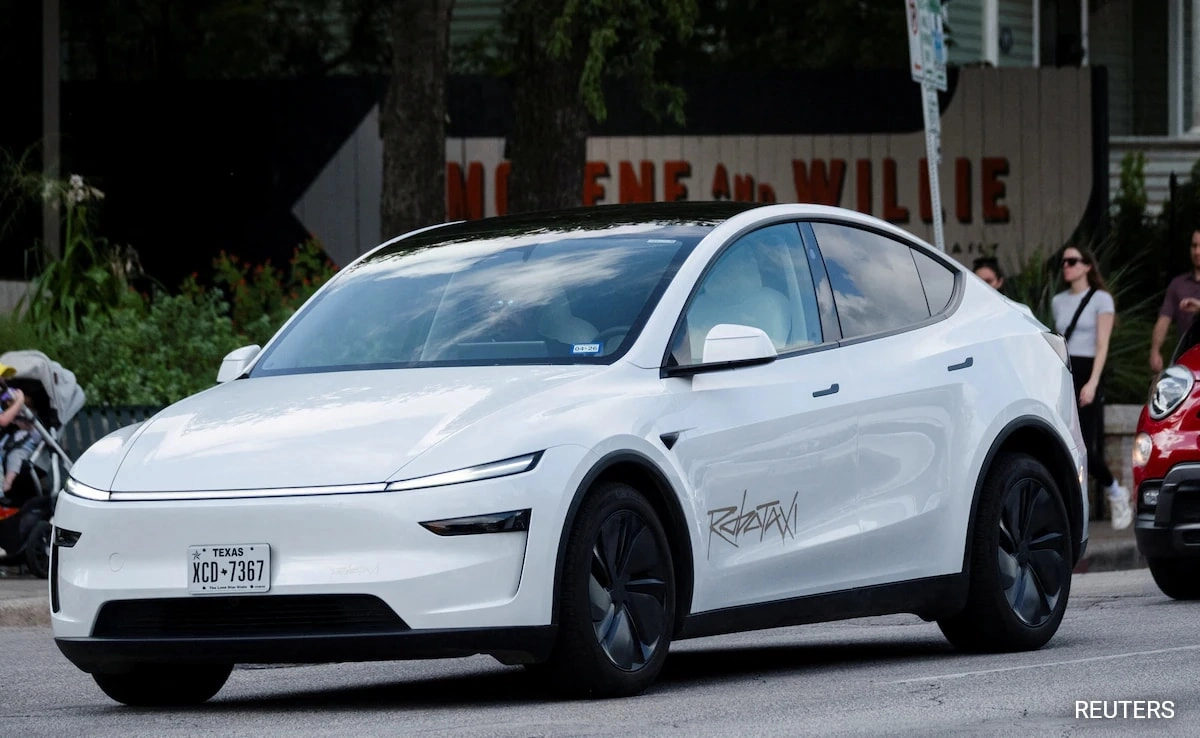In a notable development in the political and aerospace landscape, former President Donald Trump recently engaged in discussions with an ally of Elon Musk regarding a significant position within NASA. This meeting underscores the growing intersection of politics, technology, and space exploration, particularly as the United States seeks to reinforce its leadership in these critical areas. The individual in question, whose ties to Musk highlight the entrepreneurial spirit driving innovation in the aerospace sector, is being considered for a prominent role that could influence the direction of NASA in the years to come.
The potential appointment comes at a time when NASA is navigating numerous challenges, including the Artemis program aimed at returning humans to the Moon, the ongoing Mars exploration initiatives, and the overarching goal of establishing a sustainable human presence in space. Trump’s interest in appointing a figure aligned with Musk suggests a preference for a leadership style that embraces innovation, entrepreneurship, and perhaps a more commercial approach to space exploration. This could signal a shift in NASA’s operational dynamics, focusing on partnerships with private sector entities that have proven successful in launching and developing advanced space technologies.
Moreover, the implications of such a meeting extend beyond NASA’s administrative structure. It raises questions about the future of public-private partnerships in space exploration, which have gained momentum in recent years. With companies like SpaceX leading the charge in commercial spaceflight and satellite deployment, the relationship between government agencies and private companies is evolving. A leader with close ties to Musk could facilitate further collaboration, harnessing the innovative capabilities of private enterprises to achieve ambitious national objectives in space.
As the discussion continues to unfold, stakeholders in the space industry and the political arena will be keenly observing the developments surrounding this potential appointment. The outcome could redefine NASA’s strategic priorities and its approach to leveraging private sector innovations. In an era where space exploration is increasingly viewed through the lens of national security, technological advancement, and economic opportunity, the intersection of Trump’s political vision with Musk’s entrepreneurial drive could pave the way for a transformative chapter in America’s space exploration efforts.




